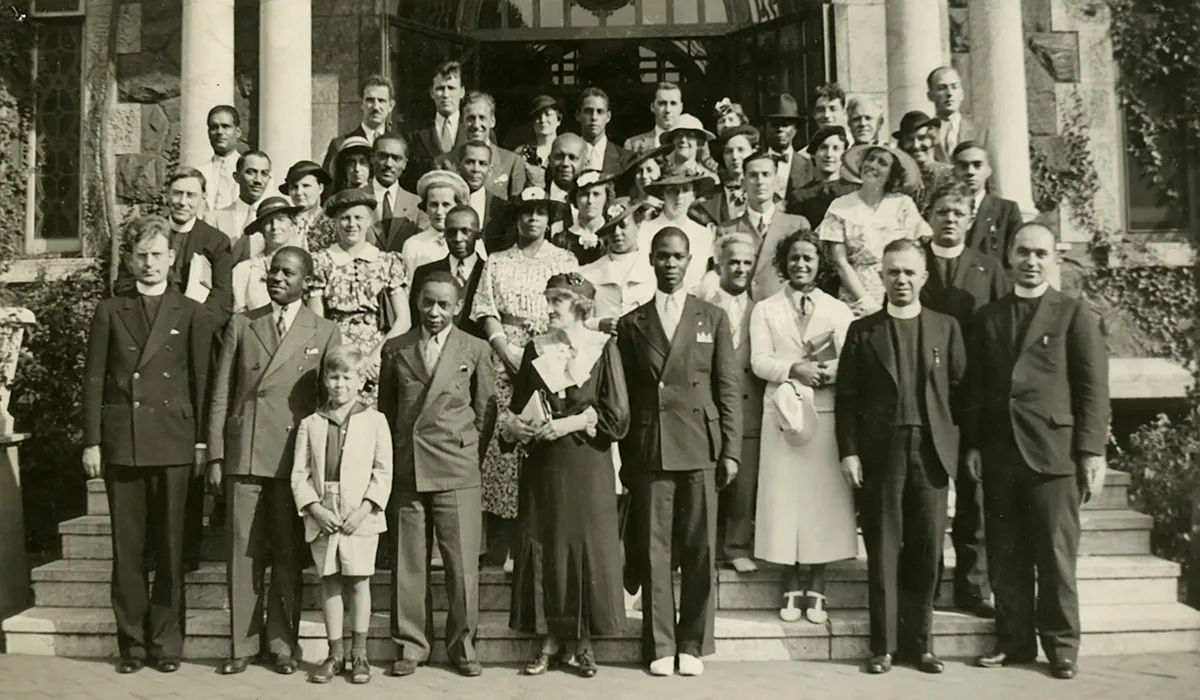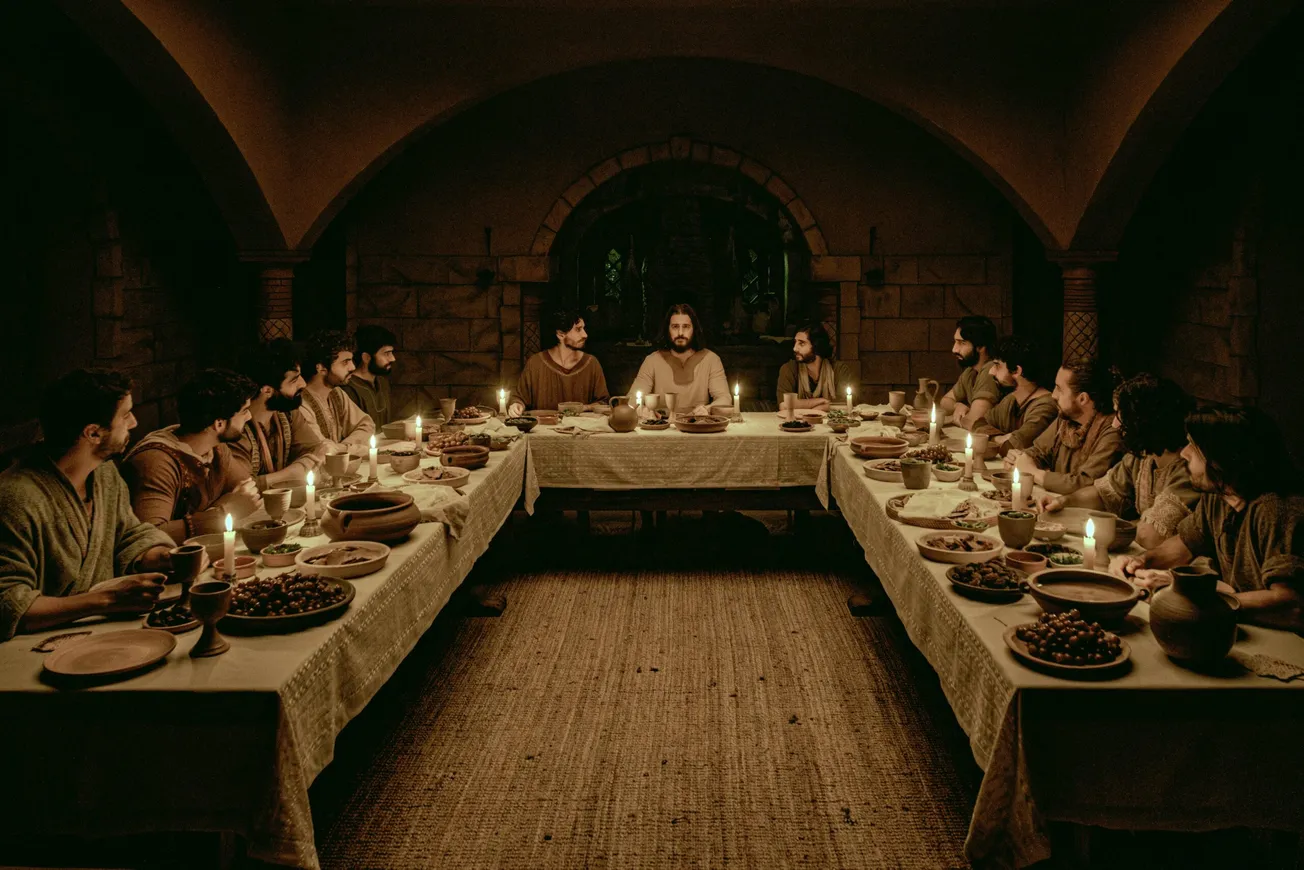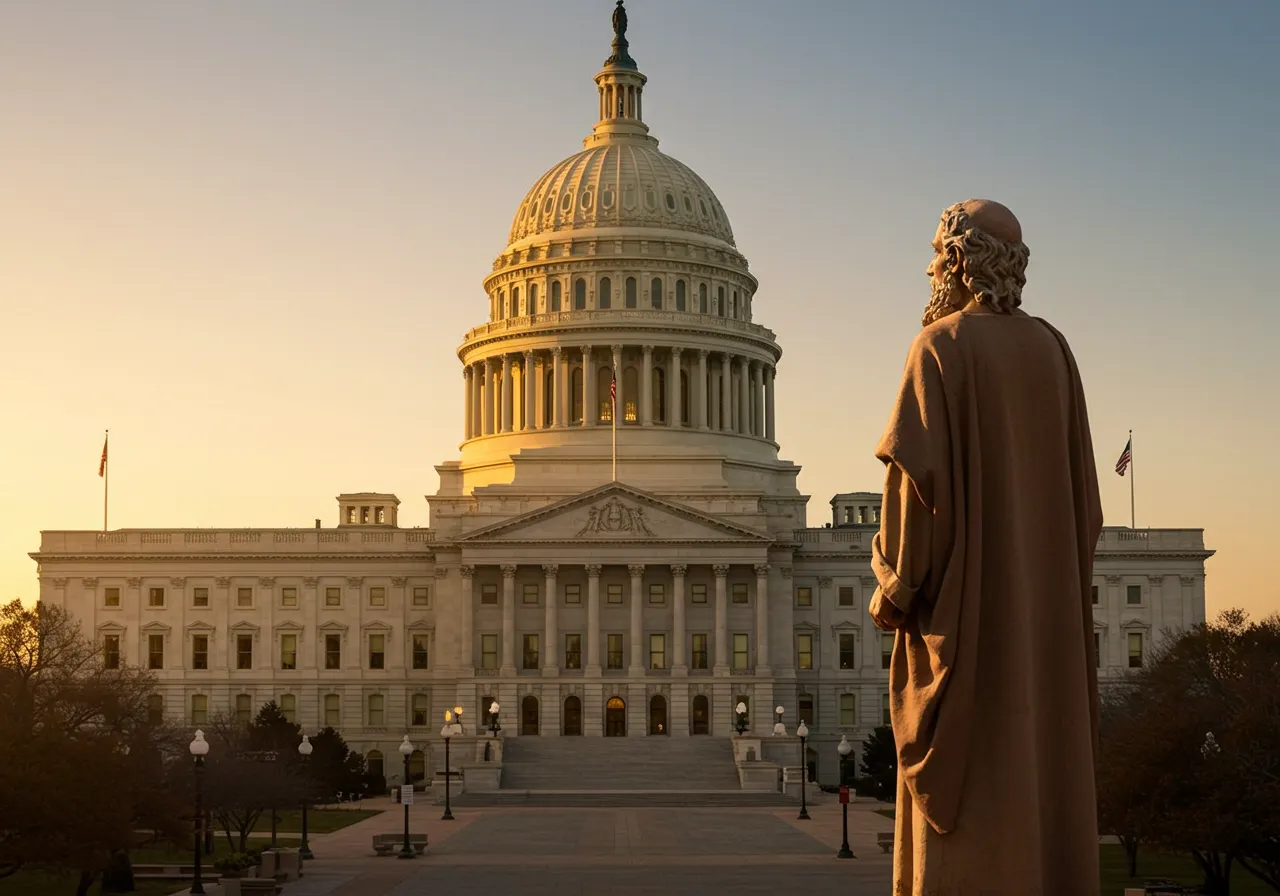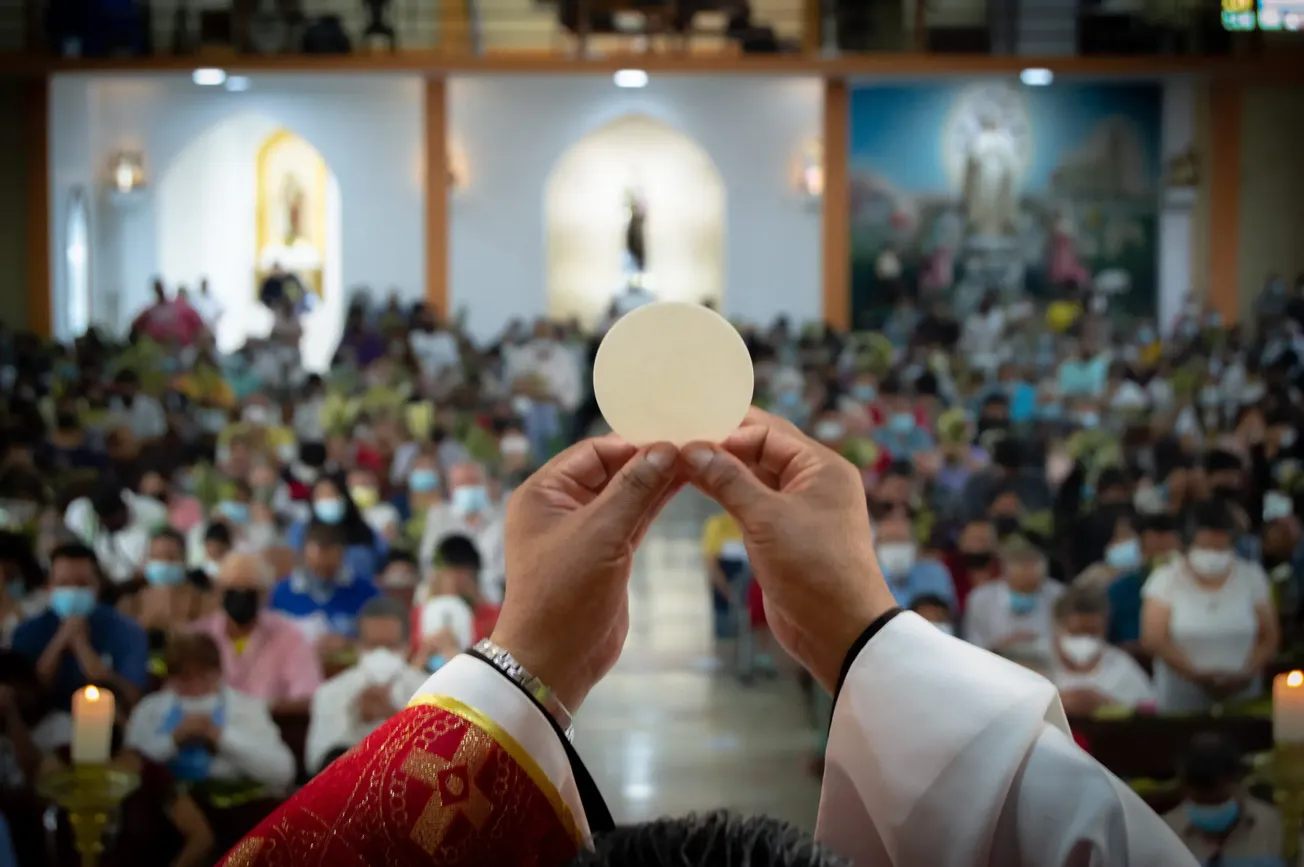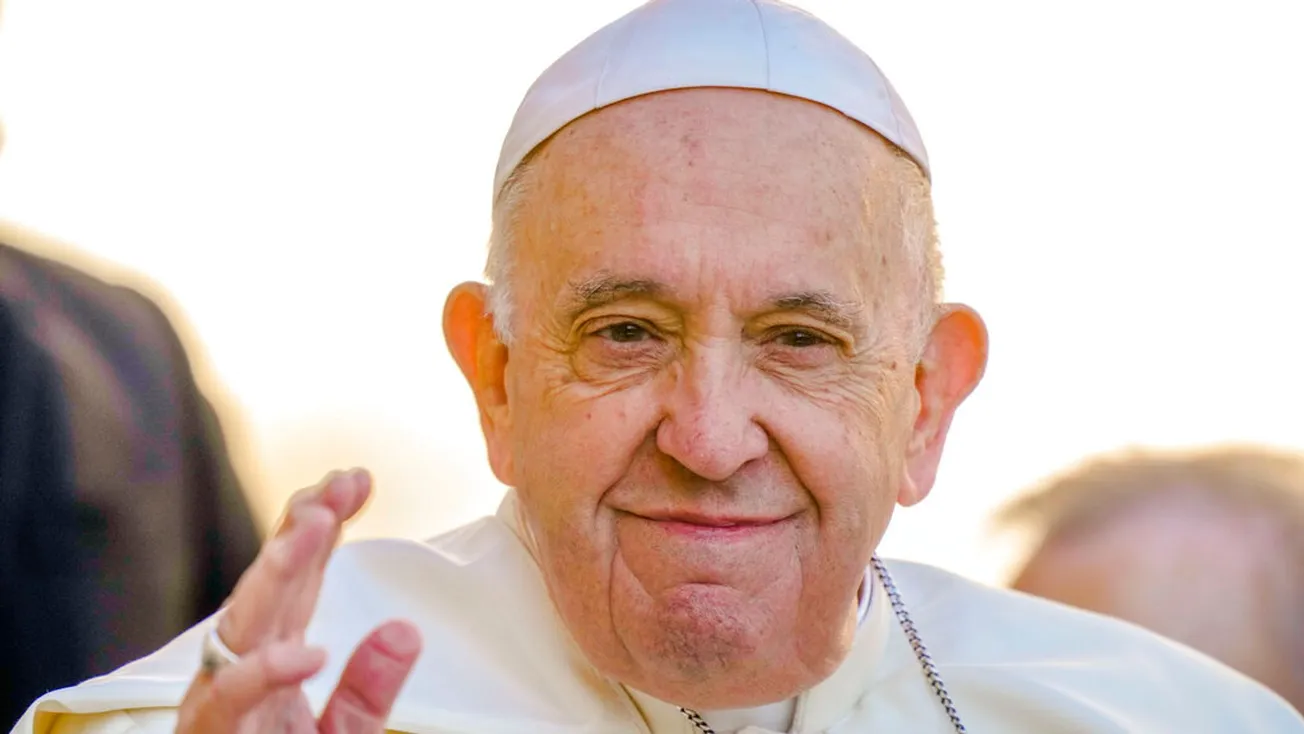My memory of things that happened prior to Hurricane Katrina in 2005 has always been a bit fuzzy.
It never fails, whenever I run into an old friend and they bring up some memory, that I have to ask clarifying questions about what happened, because I just cannot remember certain events. This could be because of the trauma that was experienced. It could also be because I am just getting older. Either way, there are still some memories that are too hard to forget.
It was the summer of 2005, and my full-time job was as the director of youth and young adult ministry at my home parish, St. Peter Claver Catholic Church in New Orleans. Our high school youth ministry had just returned from our annual summer trip the week before in Atlanta. We would meet weekly on Wednesday nights at our newly built youth center.
This Wednesday night in particular was a light night of socializing and fellowship since we had the trip the week before. As was the usual practice, I would bring several youths back to their homes, as they did not have transportation, and would otherwise be unable to attend our events. But before I could bring these youth home, I would have to wait for the remainder of the youth to be picked up.
On this day, I had three youths to bring home: my little sister, her best friend, and one young man. As we waited for a final pickup, a group of young men was walking down the street. When they saw the two young women, they began catcalling them, using foul language and gestures. I quickly sent all of the young people back inside. As I turned back towards the young men, immediately I was looking down the barrel of a gun.
Not thinking clearly, my only response was, “What are you gonna do with that?”
I immediately regretted my comment, but by the grace of God, a police car came speeding down the cross street. This spooked the young men and they took off running. About three minutes later, the late parent showed up and I sternly told them, “Don’t be late again!”
Prior to Hurricane Katrina, New Orleans was the “murder capital of the world,” so termed due to the rampant violence throughout the city. In my over 20 years of ministry work, the hardest part was—and still is—burying any of my youth, especially those that have died due to senseless violence. Unfortunately, a few months ago, we reclaimed the “murder capital” title.
Then and now, the sense of hopelessness, lack of resources, political corruption, apathy, increased cost of living (without an increase in wages), and various others factors have taken their toll on our families and youth.
I always go back to 2005 as a focal point, as even then many of my fellow youth leaders were saying we need to address the mental trauma that youth were facing in the “Katrina Diaspora”—and that families faced in leaving home, adjusting to a new city, trying to get back home, losing loved ones, and not having a sense of normalcy due to destruction of property and loss of a way of life. It was not unusual for me to be called, along with other evacuated youth leaders from New Orleans, to schools in Houston to resolve conflicts between students from the two cities. These students and their families were crying out for help in a very stressful and hopeless situation with no resolution in sight.
Here we are, over 17 years later, reaping what we have sown. One of the major budget items that was cut from the state budget after Katrina was mental health programming, even as the budget was increased for the for-profit prison system.
Simultaneously, the “all-charter school experiment” was introduced, destroying any effective public education for children in New Orleans—even though we were struggling before the storm. The community elders that were certified teachers were let go and the new public school system was infused with out-of-towners, many of whom just wanted to pay off their student loans. In fact, many of these new teachers did not know how to relate to our trauma-ridden youth and families, or even understand our unique Black local culture.
Thus, the focus in our schools went from education and empowerment to control and punishment. Let us not forget that New Orleans is a mass incarceration capital as well. Here, the school-to-prison pipeline is at its worst.
These along with other factors have brought us to the breaking point with many of our youth here in the city. The justice system is broken and has always been a revolving door for criminals. The New Orleans Police Department is a shell of its former self due to many officers leaving the force, in addition to them being outnumbered and under-resourced. Many residents report experiences of waiting hours for an officer to show up at the scene of a crime—if they show up at all. Case in point, I was the victim of an attempted carjacking during Martin Luther King Jr. Day weekend in 2021, but I did not even waste my time contacting the police.
We are in the midst of a crisis. Folks are always talking about the problem, but do not have solutions. In fact, a couple of months ago, at our Black Catholic Men’s Conference attended by individuals from around the archdiocese, one of the main topics of discussion was the rampant violence and crime—much of which is located in areas near our Black Catholic parishes and schools. This is not a new conversation, but it has stopped at being a conversation with no action.
Just as I did during the men’s conference, at our Archdiocesan Black Saints Celebration earlier this month, our community was challenged to move to action to address this reality in our neighborhoods. We cannot simply say violence is not “our” problem. Especially in a city like New Orleans, we are only a few degrees of separation away from the people directly connected to crime and violence. Plus, I believe that it is our duty as people of faith to take an active role in creating a just society and addressing the problems of our brothers and sisters—the Nguzo Saba principle of Ujima. In other words, we are called to “pray with our feet.”
This is why several grassroots community, and faith-based, organizations have partnered together with the New Orleans Peacekeepers to help train men from the community in conflict resolution, to assist with easing some of the tensions in our neighborhoods. The pent-up aggression, which has gone largely unchecked, has led to the string of violence plaguing our city. Our response is a rebirth of an initiative that my brother in New Orleans interfaith ministry, Willie Muhammad, began 10 years ago to address the violence then.
We also raised funds from community groups and individuals to put up “Squash the Beef before the Grief” billboards around the community, with a hotline number people can call to get trained conflict resolution specialists on hand and in person to help reach a peaceful resolution to conflict before it leads to any form of violence. To promote the initiative online, we also released a public service announcement that quickly went viral on Instagram.
Although this is a small resource to address a large problem, it is a start. Our hope, as the New Orleans Peacekeepers and others involved, is to create hope and a network of support for communities that feel hopeless due to the ills that plague them. We are always searching for more assistance and people to get involved, because if it takes a village to raise a child, it will take that same village to save a child.
As the Word of God reminds us: “Blessed are the peacemakers.”

Dr. Ansel Augustine is the Director of the Office of Black Catholic Ministries for the Archdiocese of New Orleans. He is also an Emmy-nominated producer for his work on “Black Faith Matters” and is the author of “Leveling the Praying Field: Can the Church We Love, Love us Back?”. He can be contacted via his website.



